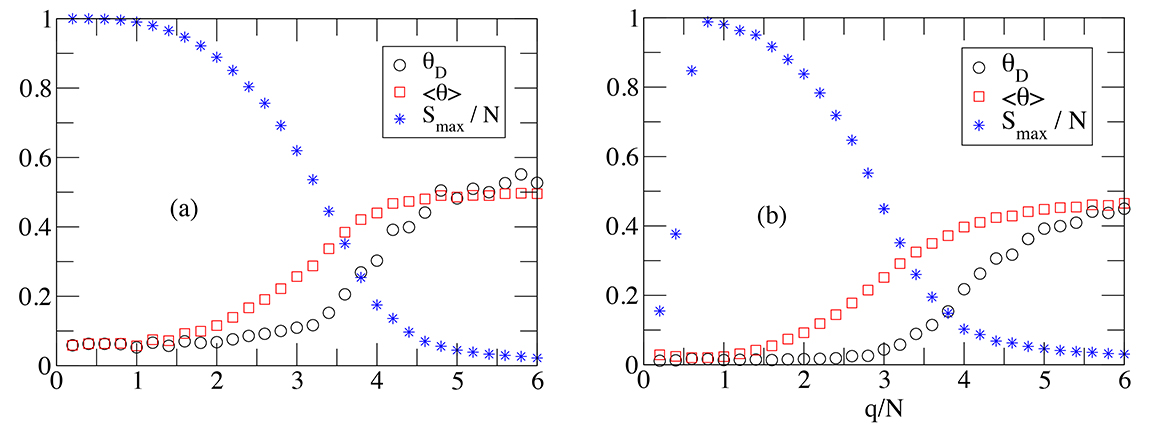Social Systems
The use of agent-based models (ABM) in the study of social phenomena provides useful insights about the fundamental causal mechanisms at work in social systems. The large-scale (macroscopic) effects of simple forms of (microscopic) social interaction are very often surprising and generally hard to anticipate, as vividly demonstrated by one of the earliest examples of ABM, the Schelling model of urban segregation, that showed how residential segregation can emerge from individual choices, even if people have fairly tolerant preferences regarding the share of like persons in a residential neighborhood.
On the other hand, to gain insights on the question of why cultural differences between individuals and groups persist despite tendencies to become more alike as a consequence of social interactions, Axelrod proposed an ABM for the dissemination of culture, that has subsequently played a prominent role in the investigation of cultural dynamics. Questions concerning the establishment, spread and sustainability of cultures, as well as on the “pros and cons” of cultural globalization versus the preservation and coexistence of cultural diversity, are of central importance both from a fundamental and practical point of view in today’s world.
In our group, we study models of social dynamics with the aim of addressing the above mentioned social mechanism. Our research is also directed towards the application of several tools from statistical physics to better comprehend several aspects of social dynamics.

Find out more by checking our main publications at: MAIN PUBLICATIONS

